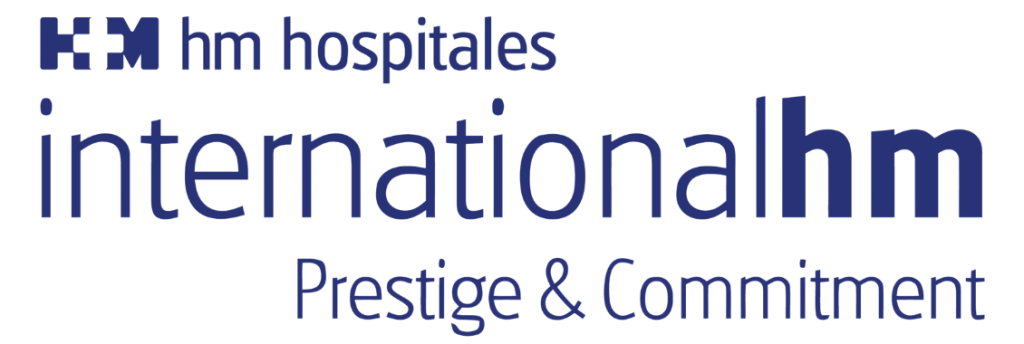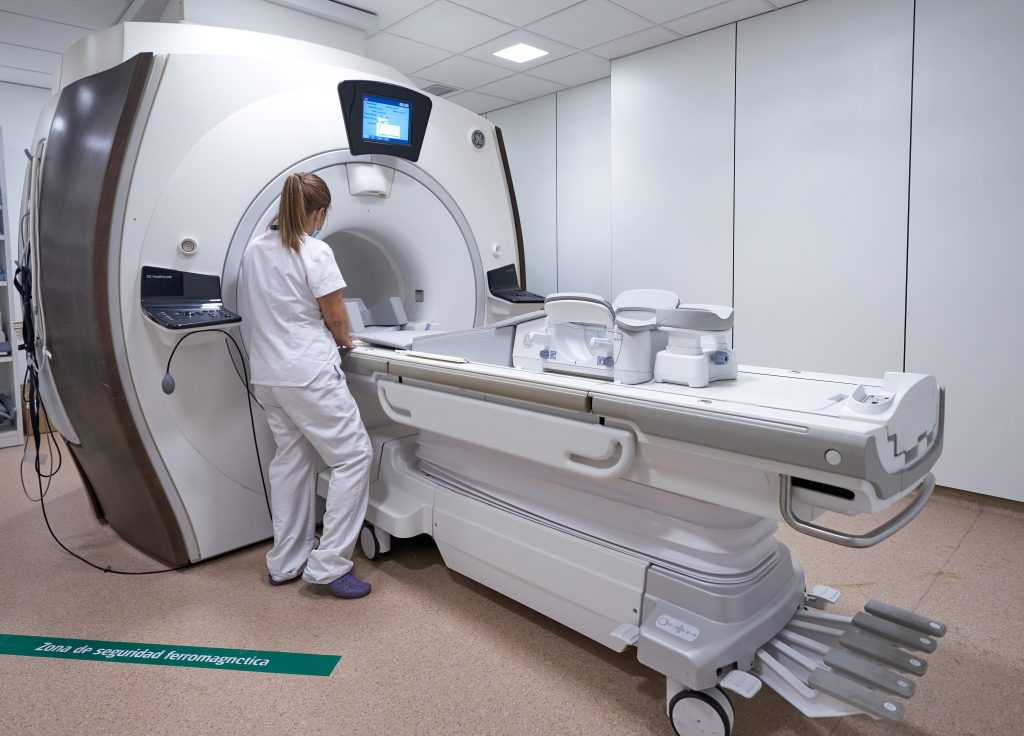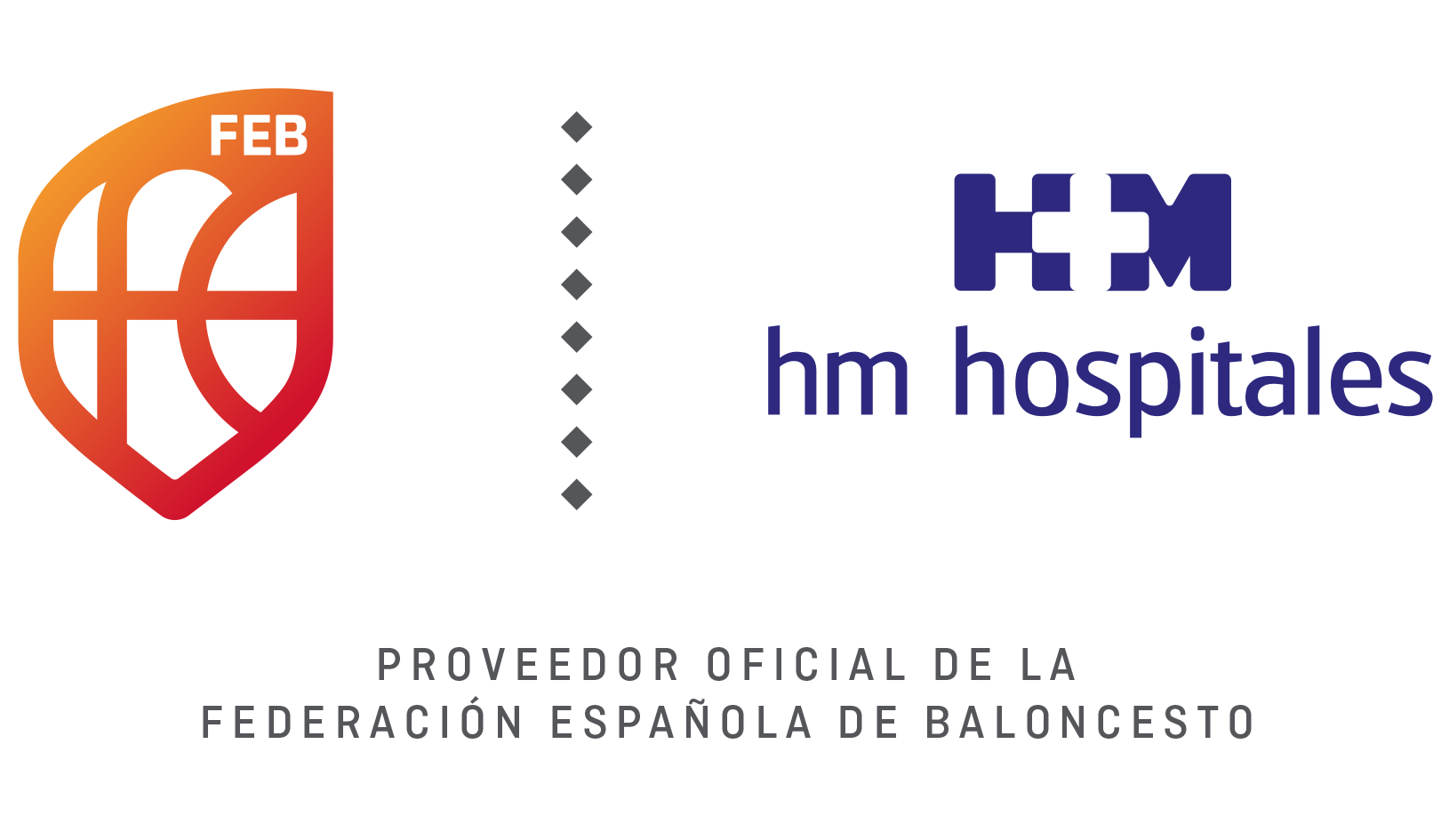• HM Sanchinarro, through HM CIEC and HM CIOCC, becomes the first private hospital in Spain to address cardio oncology through the implementation of the MyoStrain AI program.
• This is one of the first actions that represent HM Hospitales’ commitment to address Cardiology and Oncology in a multidisciplinary manner, two of the areas of greatest interest and specialization of the Group, and the main reasons for mortality in 21st century society.
• Through AI Myostrain, a non-invasive evaluation of the cardiac function of the cancer patient is achieved before, during and after receiving chemotherapy, indicating the impact on the myocardial tissue, even before symptoms appear.
HM Hospitales and Myocardial Solutions have reached a collaboration agreement that makes the HM Sanchinarro University Hospital the first private healthcare center in Spain to address cardio oncology through the implementation of AI MyoStrain and thus be able to assess early the cardiac function of cancer patients and the cardiotoxicity of the chemotherapy treatments.
This is a pioneering initiative in tracking and monitoring cardio-oncology patients based on the Myostrain program, which directly and non-invasively evaluates the state of the heart through a quick MRI in which no intravenous contrast or ionizing radiation is used. Thanks to a program based on AI Myostrain, it is able to provide accurate, rapid and early information on cardiac function and of any deformity of myocardial fibers to detect early cardiac dysfunction to begin cardio-protective treatments and thereby open the window of opportunity that prevents and reduces the incidence of heart failure in cardio oncology patients.
This early detection and analysis tool is of special interest when analyzing the cardiac health status of cancer patients, since it can provide early information on collateral damage to the heart and compare the state of the heart before and after any chemotherapy or radiotherapy therapy. In the same way, carrying out the test during the period of time in which chemotherapy is being applied, or after it, will provide a complete report on the state of health of the myocardial tissue. This information will help healthcare professionals assess the suitability and success of certain treatments and ensure greater safety and comfort for patients.
“Having Myostrain technology gives us the possibility of detecting the possible cardiac toxicity of some oncological treatments much earlier than we could do with the most common diagnostic scans such as echocardiography. In short, it is a very important development to be able to offer optimal care to each of our patients, who are recipients of both conventional oncological treatments and other treatments within the design of a clinical trial with novel therapies,” says Dr. Antonio Cubillo, director of the Clara Campal HM CIOCC Comprehensive Oncology Center.
“It is a real honour to support what will undoubtedly be a leading Cardio Oncology program at HM Hospitales in Madrid. The implementation of the Myostrain technology at the Sanchinarro University Hospital as the first in the system will open a new stage of research and medical care for oncologists and cardiologists and will bring not only efficiency to the diagnosis, but will support the standardization of protocols for early detection of cardiovascular diseases,” comented Dr. Rafael O. Rivero, CMO of Myocardial Solutions.
On the other side, Dr. Leticia Fernández Friera, director of the HM CIEC Comprehensive Center for Cardiovascular Diseases, points out “the importance of incorporating tools into our diagnostic arsenal that help us be more precise in detecting early secondary cardiac cardiotoxicity to oncological treatments and even prevent unwanted damage to the myocardial tissue, in order to improve the survival of our oncological patients.”
Synergy between disciplines
In fact, the application of this test is part of a greater development program within the Group. This is one of the first actions that represent HM Hospitales’ commitment to address Oncology and Cardiology in a multidisciplinary manner, two of the areas of maximum interest and specialization thanks to HM CIEC and HM CIOCC.
In this way, Myostrain represents one of the key pillars for the cardiac health of our oncology patients, but it is not limited only to this type of patient, but is also extensible to those with cardiovascular problems, hypertensive patients, diabetics, valvular patients or those with heart failure, etc., where we want to anticipate the deterioration of cardiac function evaluated with other standard techniques, such as echocardiography.











